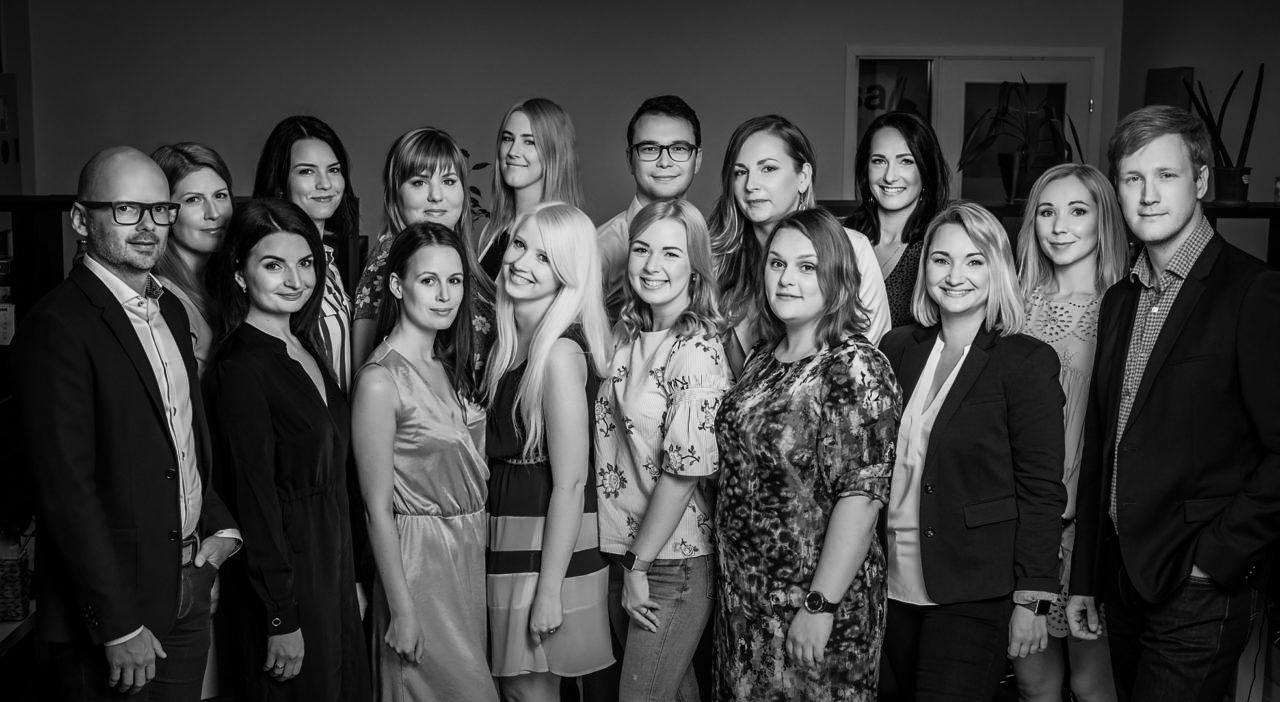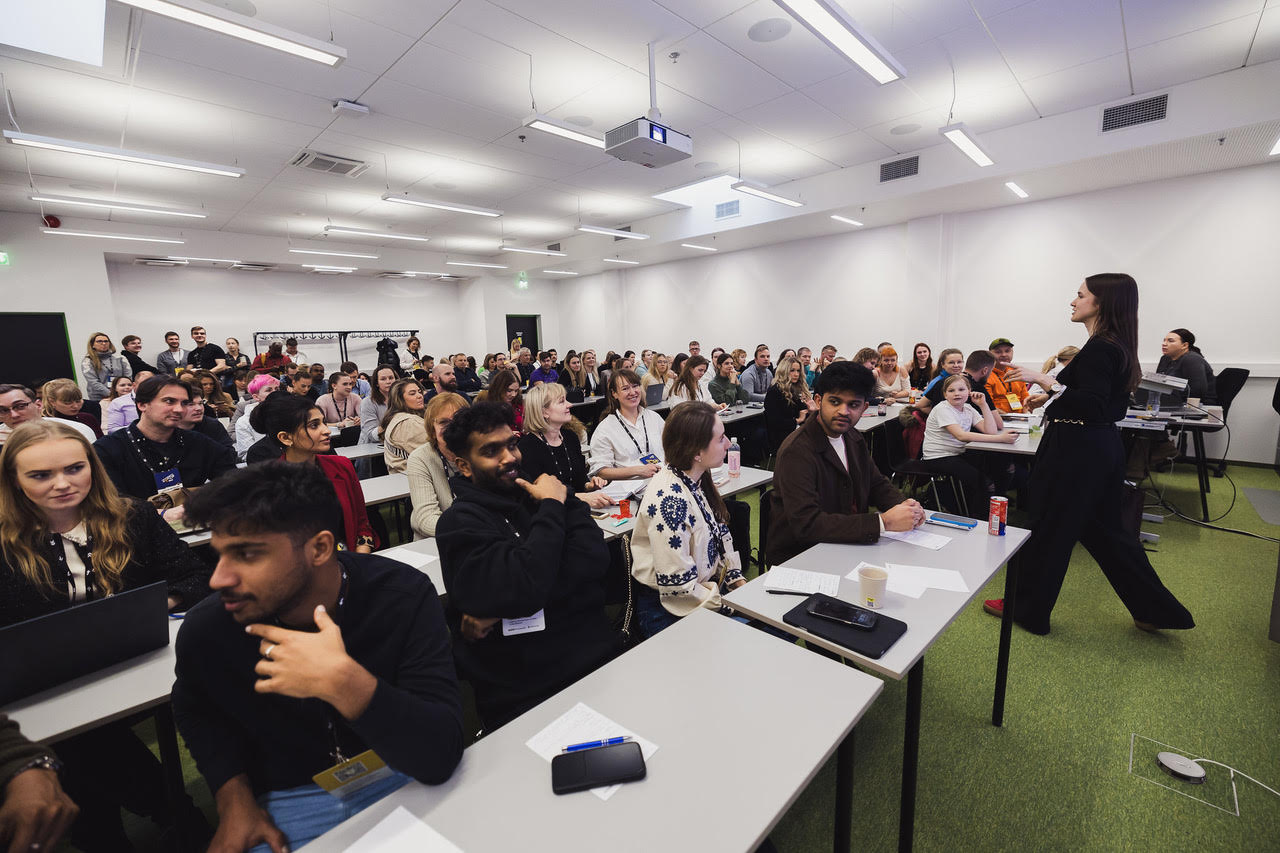
5 hacks to show up in Google search results for free
There are two ways to get your website to appear on Google: paid ads and organic search. With paid ads, the results are immediate – after publishing a well-optimized and high-quality ad, you'll appear at the top of the Google search results. Does it seem like a child's play? In reality, it is much more complex. With paid ads, your product or service will remain visible on Google as long as you pay more than your competitors. In addition, some users knowingly ignore ads.
Another way to appear in Google search is organically, based on the quality of the content on your web page. Organic results are ranked in search results by relevance: Google's algorithms identify the pages that are most relevant to specific searches and likely to provide the best content for the visitor. So, SEO or web optimization benefits the user as much as it helps the owner of the site: website visitors get a good user experience, the owner of the page ensures that their products or services are visible to customers on Google. The cherry on the cake is that, in addition to improving the visibility of a website in search results, SEO also affects the performance and price of ads.
By optimizing your website, you also optimize your ads.
With SEO, the results are more permanent than with paid ads. Unfortunately, the whole process of SEO is more labor-intensive. Here are five tips every website owner can follow to improve the visibility of their website. These recommendations are universal and applicable to blogs, e-stores, web applications as well as web pages.
1. Are you targeting relevant keywords with high search volume on your web page?
Keyword analysis will give the answer to this question. Its goal is to find relevant search terms along with search volumes for a web page. You can get input from your own and your competitors' websites, Google's search results page, and several keyword tools, to conduct the analysis.
As your goal is to increase the number of visitors on your website, it is crucial to consider the search keywords actually used to find your industry or products when selecting the keywords to target. Keywords’ search volumes give you an idea of which search terms people use on Google. You can use Neil Patel's tool for free to examine specific keyword search volume data.
2. Is every landing page defined with 1-2 unique keywords?
Each landing page should include 1-2 unique keywords or focus keywords, which convey the main focus of the specific page and will help the landing page to appear in a better position in the search results when used proficiently.
Let's say we optimize the laptop category page of an e-store that sells laptops. As a result of keyword analysis, we got some relevant keywords with high search volume ("sülearvutid" - ENG "laptops" – monthly search volume in Estonia 2700, "arvutid" - ENG "computers"– monthly search volume in Estonia 1000, "laptopid" - ENG "laptops" – monthly search volume in Estonia 740). It is important to choose a relevant keyword with high search volume for your focus keyword. "Arvutid" (eng. "computers") is a more general keyword than “sülearvutid” (eng "laptops") and “laptopid”
(eng "laptops")
. The more specific your keyword, the more accurate/precise your targeting. So, you have to choose between “sülearvutid” and “laptopid”
(eng "laptops). As the first keyword has a better search volume, we choose “sülearvutid” as the focus keyword for the laptop category page.
Now that we have selected the focus keyword, we need to analyze whether these keywords are used across important SEO elements on the laptop category page.
The primary and most important SEO elements are title tags, meta descriptions, and URLs.
In reality, the list of elements to optimize is much longer.
3. Are the web page titles optimized?
The title tag is the name of the specific landing page that appears as a clickable headline on the browser’s tab and in Google search results.
An optimized title tag is max 65 characters long and relevant – gives a concise overview of the main focus of the landing page. Also, it must be unique, meaning that there are no two identical title tags across the web page and last but not least, it contains the focus keyword(s) for that specific landing page.
The suggested structure of the title tag is "Focus keyword | Website name", so for example, the title tag for the laptop category page would be "Sülearvutid | Sülearvutid OÜ e-pood".
4. … and the web page meta descriptions?
Meta description is a short summary of the content of a page that appears in search engine results. The purpose of the meta description is to give to the searcher a brief overview of the content of the page, highlight the value proposition and encourage to visit the page.
An optimized meta description is up to 165 characters long, relevant – meta description gives a concise overview of the main focus of the landing page. It is unique, meaning that there is no two identical meta descriptions across the web page and it contains the focus keyword(s) for that specific landing page, the value proposition and CTA.
The meta description of our laptop category page would be "Quality laptops from Sülearvutid OÜ online store! Free transport. Choose a new MacBook, Asus, Lenovo or Dell laptop. Check out the products in our online store!"
5. … but the web page’s URLs?
An optimized URL has a basic format and a meaning is readable and understandable. You should avoid unnecessary elements, such as meaningless numbers, parameters, redundant folders. It is important that the URL includes the main focus keyword of the specific (sub) page. For example, the URL of our optimized landing page could be “https://domainname/laptops”.
Every website owner can follow these five tips to improve the visibility of a website. SEO is a labor-consuming work process: optimized title tags, meta descriptions, and URLs are just the tip of the iceberg when optimizing a web page. In addition to the above, it is necessary to optimize page titles, alt texts, internal links of the site, take up link building and so on. However, optimizing the primary SEO elements already gives a good nudge to the visibility of the page. As stated before, website optimization is beneficial for both, the users and the web page owner, so the hassle is definitely worth it. Happy optimizing!
---
Convertal is one of the partners of sTARTUp Day, helping us with our digital advertising. You can meet the Convertal team on 30-31 January at the sTARTUp Day demo area, too!

What Kind of Stories Make Money? Insights from Miltton’s Brand Experts
